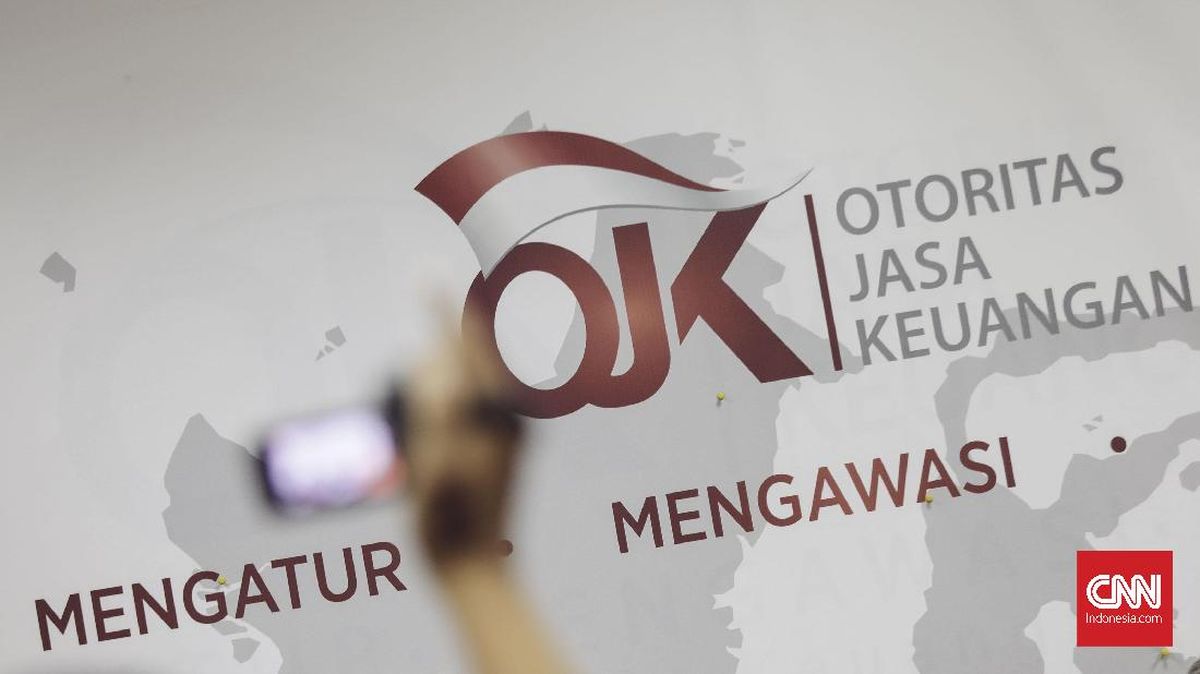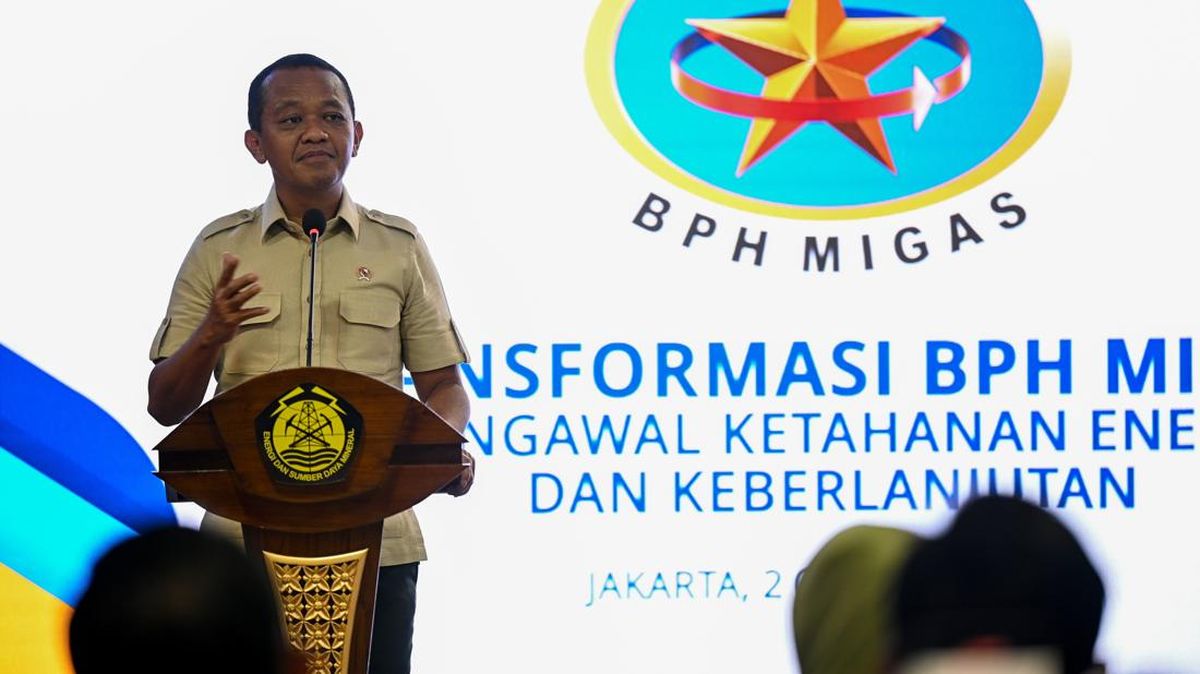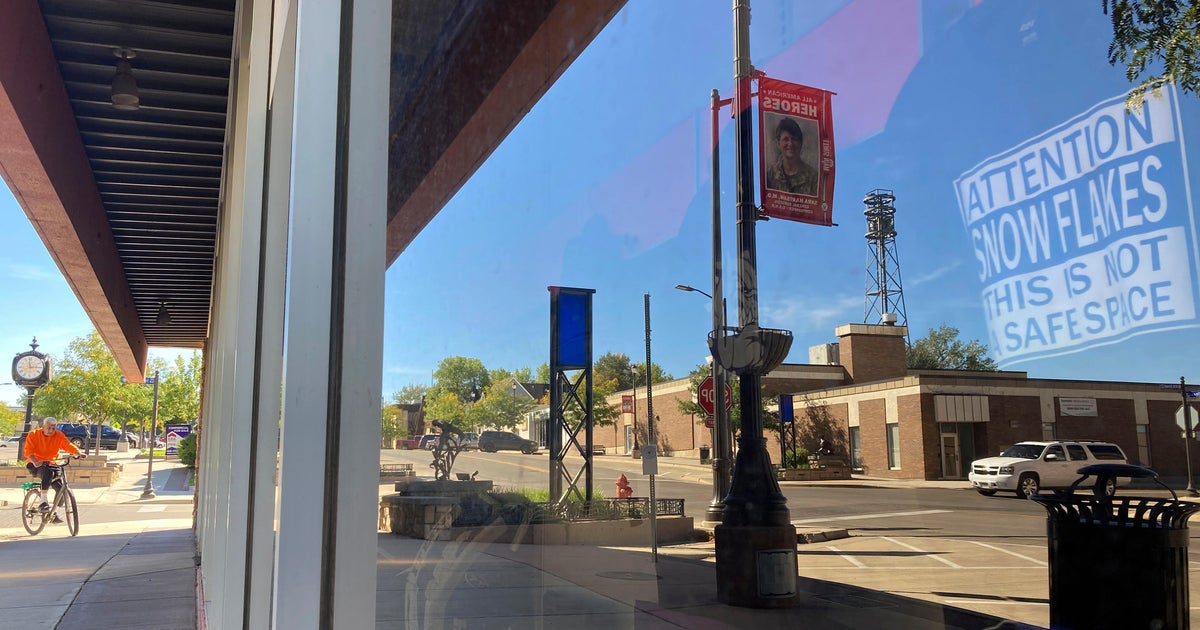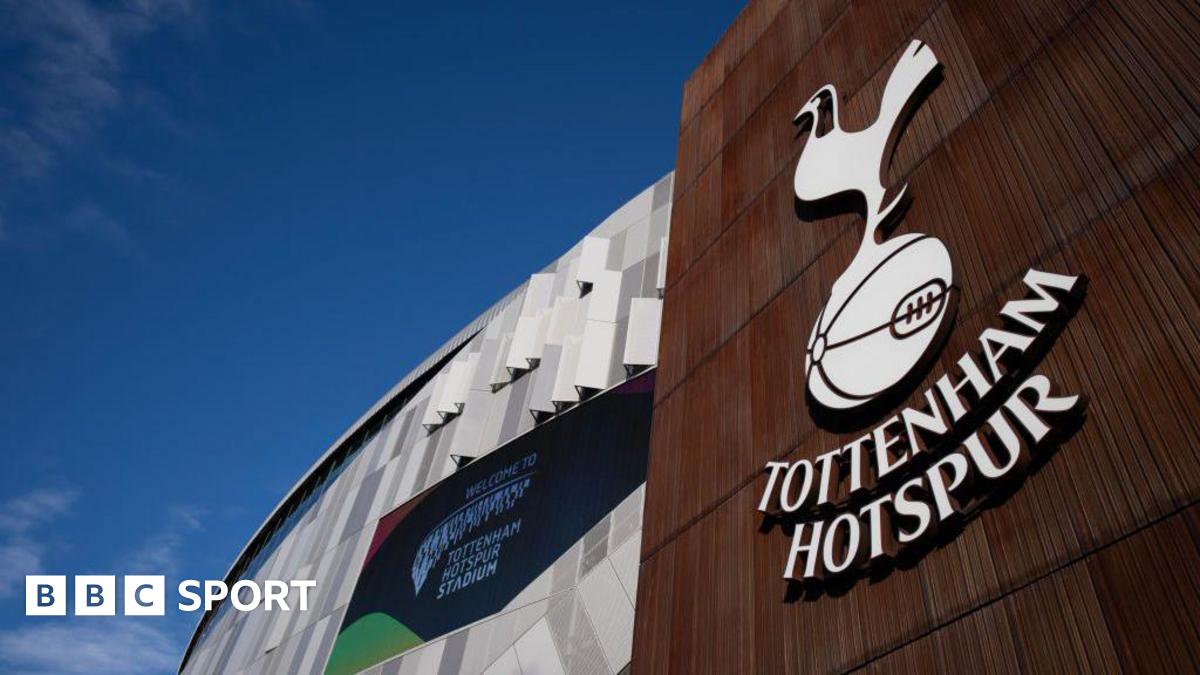 There are two primary, cost-effective ways to borrow $100,000 worth of home equity now.
pixhook/Getty Images
There are two primary, cost-effective ways to borrow $100,000 worth of home equity now.
pixhook/Getty Images
With the average homeowner currently in possession of more than $300,000 worth of equity – and most lenders requiring a 20% equity threshold to remain in the home – many homeowners may be wondering about the merits of borrowing a six-figure sum of money right now.
Two of the primary ways to do so include home equity loans and home equity lines of credit (HELOCs). Interest rates on both are materially lower than what's available with personal loans and credit cards. And, unlike a reverse mortgage, there will be no age restrictions for owners. Now that the Federal Reserve has started a new interest rate-cutting campaign, costs associated with both home equity loans and HELOCs are positioned to decline, too.
Still, you are leveraging your home in either circumstance. Failure to repay could risk foreclosure, so it's critical that you calculate your costs with precision. Between a $100,000 home equity loan and $100,000 HELOC, then, which will be cheaper now that the Fed cut interest rates? Below, we'll break down the math homeowners should know.
Start by seeing how much home equity you could borrow here now.
$100,000 home equity loan vs. $100,000 HELOC: Which is cheaper now that the Fed cut rates?
Home equity loan and HELOC interest rates have been declining for much of the past year, absent a few upticks in recent months. But Fed rate cuts have, and likely will, continue to make both products less expensive. A home equity loan, however, has a fixed interest rate while a HELOC has a variable one, making payments on the latter difficult to determine precisely.
Here is how much a $100,000 home equity loan and HELOC will cost monthly now that the Fed cut rates, assuming the HELOC rate remains the same over an extended period:
$100,000 home equity loans
- 10-year home equity loan at 8.43%: $1,236.12 per month
- 15-year home equity loan at 8.31%: $973.63 per month
$100,000 HELOCs
- 10-year HELOC at 8.05%: $1,215.92 per month
- 15-year HELOC at 8.05%: $958.54 per month
For reference, here's what both cost earlier this year:
$100,000 home equity loans
- 10-year home equity loan at 8.57%: $1,243.60 per month
- 15-year home equity loan at 8.52%: $985.91 per month
$100,000 HELOCs
- 10-year HELOC at 8.26%: $1,227.06 per month
- 15-year HELOC at 8.26%: $970.72 per month
Both are now cheaper than they were at the start of the year, but not necessarily as low as many would like. But with rate cuts largely expected for when the Federal Reserve meets again in October and December, either could become more affordable before the end of 2025. So if you're considering either option, be it immediately or in the weeks ahead, it makes sense to start researching your options now.
Shop for home equity loans and HELOCs online here.
Is a home equity loan or HELOC better now that rates are being cut?
While knowing the potential costs of both products can help with this question, the answer will depend on more than just the cost on a monthly bill.
HELOCs, thanks to the variable rate they come with, are better positioned to exploit additional rate cuts ahead, as the rate will change monthly for borrowers. But it could also rise should market conditions change, making budgeting difficult and potentially stressful, should costs rise significantly.
Home equity loans, meanwhile, are a bit more expensive now – and borrowers will miss out on the impacts of future rate cuts unless they refinance – but they're also reliable and secure in an economic climate that's continuously evolving. Don't rush into either, then, without considering the pros and cons of each. By taking a strategic approach, you'll boost your chances of success.
The bottom line
Right now, a $100,000 HELOC is slightly less expensive than a $100,000 home equity loan. But "right now" isn't permanent, and that dynamic can and likely will change, especially over an extended period of time. Carefully calculate your current costs and compare them against what they may realistically be in the future to determine if now is the right time to take action, or if you're better served by waiting for additional rate cuts still to come.
Matt Richardson is the senior managing editor for the Managing Your Money section for CBSNews.com. He writes and edits content about personal finance ranging from savings to investing to insurance.


















































